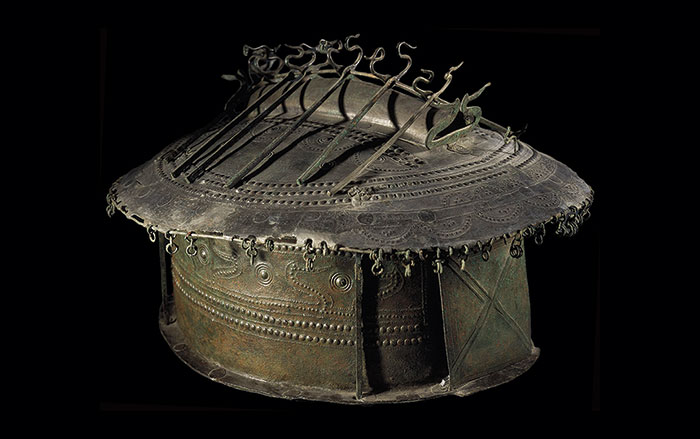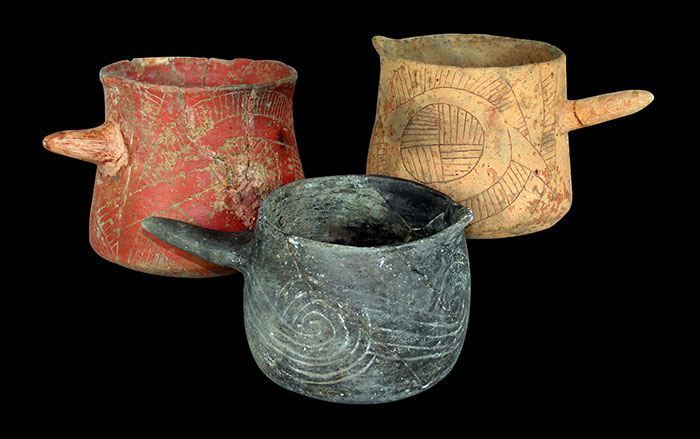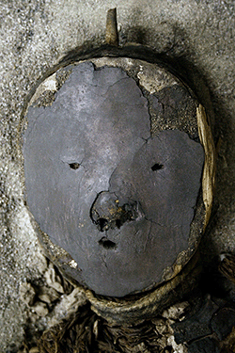
MONTPELLIER, FRANCE—Genetic analysis of modern sweet potatoes and samples of sweet potatoes preserved by the first European explorers in Polynesia supports archaeological and linguistic evidence that there was prehistoric contact between Polynesians and South Americans. Sweet potatoes were domesticated some 8,000 years ago in Peru, where Polynesian sailors may have encountered them on a voyage and then taken them home. The oldest carbonized sweet potatoes found in the Pacific are some 1,500 years old, and the word for “sweet potato” in many Polynesian languages resembles the Quechua word for the food. Sweet potatoes were also later carried to the Pacific by Spanish and Portuguese traders. “It’s the combination of all different kinds of proof” for Polynesian contact that is convincing, said Caroline Roullier of France’s Center of Evolutionary and Functional Ecology.










